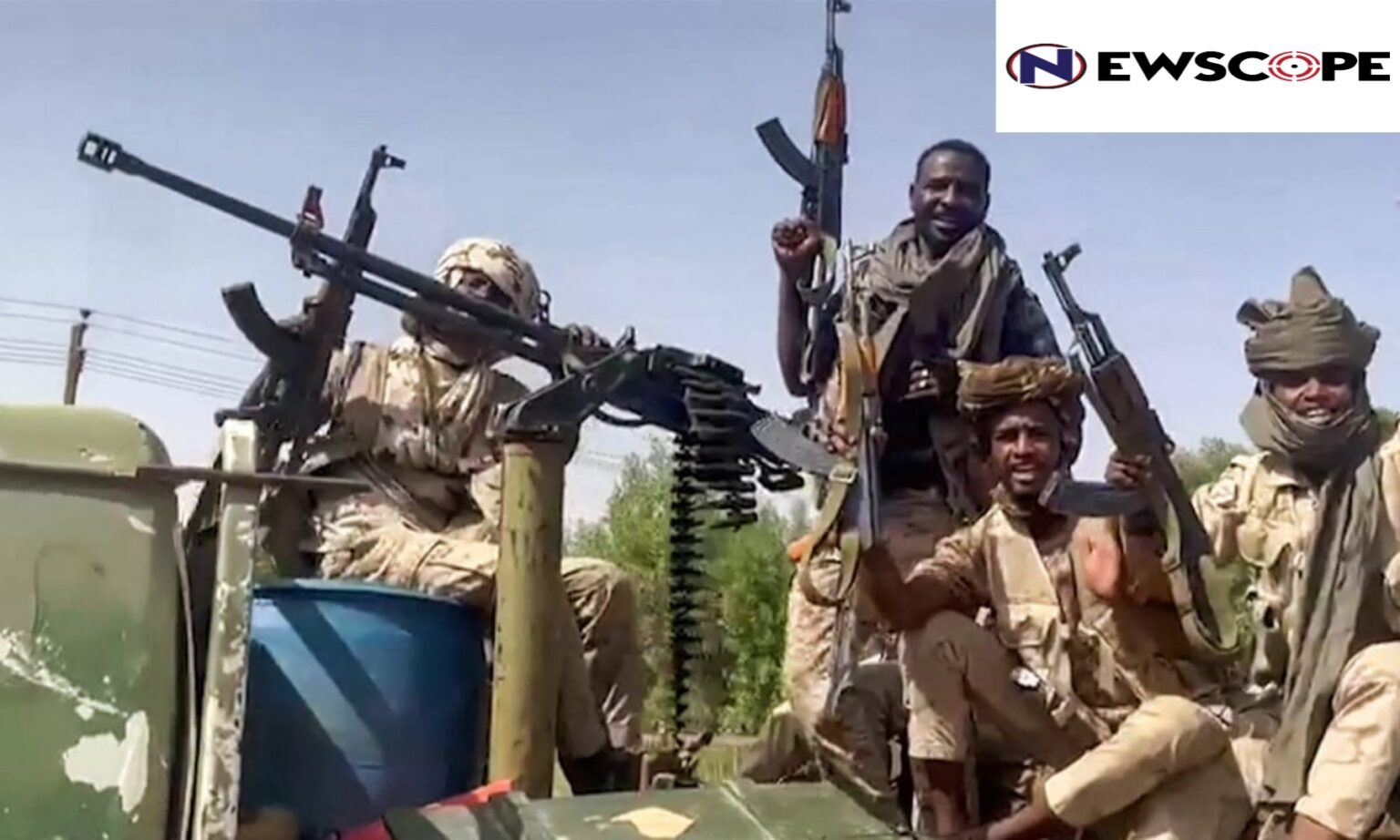Iraq was scarred by US hostilities after allegations of processing weapons of mass destruction/ chemical weapons were raised against it. It is another matter such weapons were never found.
But the international community whose part and parcel US is continue to watch from the sidelines as charges of use of chemical weapons have been raised against the Sudanese army. And such weapons having been allegedly used against the Sudanese populace makes it a toxic allegation.
Chemical warfare is a red line in international law. Its use violate treaties together with basic tenets of human decency. But accountability is absent. Strategic desparation is setting in amidst the tangled web of Sudanese civil war.
Accusations and counter-accusations are flying between Sudanese military and Rapid Support Forces (RSF). The conflict has already claimed over 1,50,000 lives. In the course of the esr, the use of chlorine gas causes excruciating injury and often death. It is emblematic how far state and paramilitary actors can go.
The Sudanese government has dismissed the allegations as politically motivated fabrications. Scepticism naturally arises sans independently verified evidence.
Claims of chemical weapon use are as much about international positioning as they are about humanitarian concern.This is one of history’s lessons which would arguably answer the alacrity of US intervention in Iraq and it’s absence in Sudan.
In a nutshell, truth in Sudan these days truth is mediated through fear, rumour and fractured communication. Even the line between facts and propaganda is blurred by war. It makes the search for justice all the more elusive.
What does the world intend to do about Sudan’s entrenched conflict ? The issue of the use of chemical is only a part of this question.. Sanctions have failed to alter the trajectory of violence in Sudan. This default diplomatic weapon of choice had had little effect so far.
Issuing proclamations of moral outrage undermines the quality of global governance. The civil war has displaced millions.Hunger and disease remain rampant. Yet power struggle continue to upend lives in Sudan.
The murky role of regional powers add another dimension to Sudan’s sufferings. Some of these powers have been accused of supplying arms to RSF. All the actors in the Sudanese civil war must be brought under scrutiny. Issuing protest statements cannot be reconciled to turning s blind eye to the wounds of the raging war.
The latest allegations should trigger renewed diplomatic efforts to minimise human sufferings and end the war. Genuineness should be a essential pre-qualification of this endeavour.
One must not lose sight of the fact that the victims of this conflict are on the rise. And these faceless individuals are increasingly invisible to the world. The diplomatic efforts must do more than condemning. They must push for a peace process which is credible and inclusive.
Sans such endeavour the suffering will continue. In the backdrop of widespread human misery, the credibility of the charges of the use of chemical weapons will only lengthen the troubling shadow.



